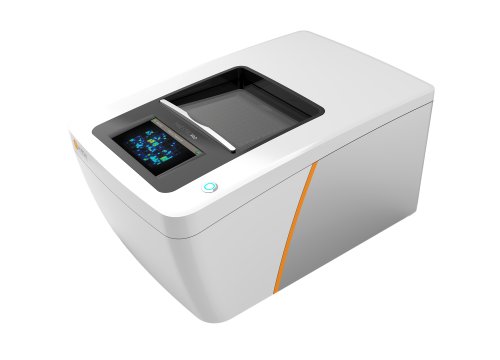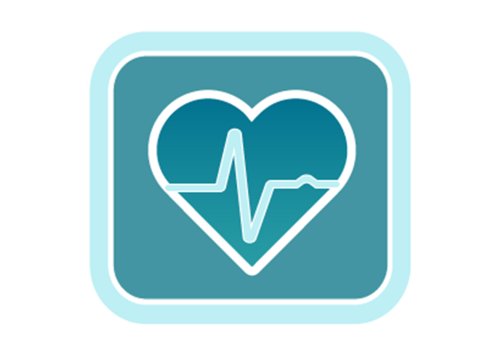Ulivieri A, Lavra L, Magi F, Morgante A, Calò L, Polisca P, Salehi LB, and Sciacchitano S.
Scientific Reports, 12 January 2022
Scientists use Axion’s bioelectronic assays and local extracellular action potential (LEAP) analysis to reveal underlying mechanisms of cardiac dysfunction related to thyroid hormone
Thyroid dysfunction is associated with cardiovascular events including sinus tachycardia, atrial fibrillation, and arrhythmias, but the precise impact of hyperthyroidism and hypothyroidism on ventricular repolarization and QT prolongation is not fully understood. In this study, researchers used human induced pluripotent stem cell-derived cardiomyocytes (hiPSC-CMs) on Axion’s multielectrode array (MEA) platform to characterize the direct effects of thyroid hormones on cardiac electrophysiological activity in real time.
MEA results revealed that T3 and T4 thyroid hormones at high doses induced a prolongation of corrected field potential duration and action potential duration as measured by local extracellular action potential (LEAP) induction, with additional testing suggesting that these changes may be related to the modulation of genes linked to QT-interval regulation. These findings provide a better understanding of the underlying mechanisms involved in cardiac repolarization and may lead to the identification of new biomarkers and therapeutics for people affected by heart disease and thyroid dysfunction.


